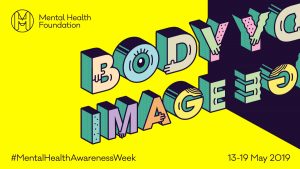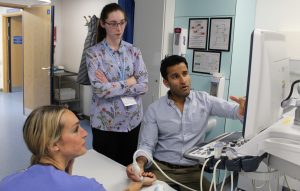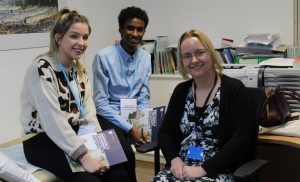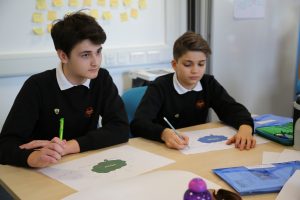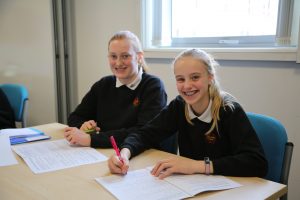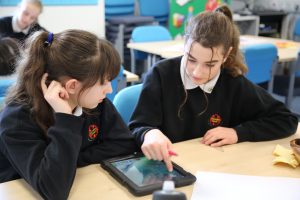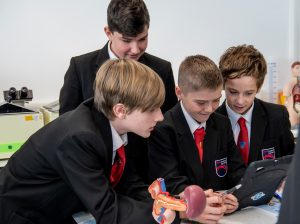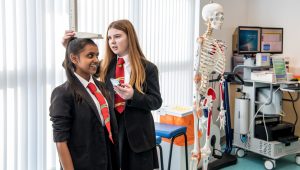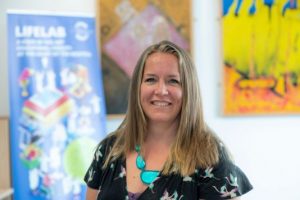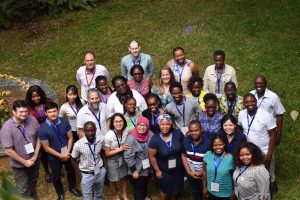As part of the movement behind Empathy Day, LifeLab teaching fellow and programme lead for Early LifeLab Dr Hannah Davey talks about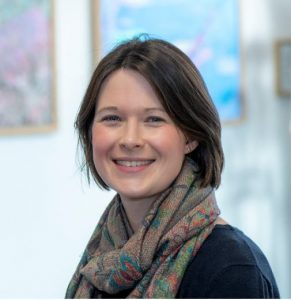 how we harness the power of reading to empower children to lead the change in their own health.
how we harness the power of reading to empower children to lead the change in their own health.
From the very start, Early LifeLab resources for schools have included the use of stories to inspire and support learning, and we always provide a range of complimentary fiction texts with our modules.
Our focus is on the belief that we can empower children to lead the change in their own health, and act as agents of change in their families and communities. However, we recognise that this level of social change is only possible if children develop the core life skill of empathy.
This is where the use of stories in our work is invaluable. For example, in our module for four and five year olds we use an alternative fairy tale, ‘Keep Running Gingerbread Man’.
In this story, we watch as the Gingerbread Man out runs his community because they aren’t fit enough to keep up. Children have the opportunity to discuss how they think the Gingerbread Man might feel, but also how the members of the community feel. They can often relate to this kind of scenario in the playground. Later in the story, the cunning fox starts a fitness camp to train everyone up so they can run faster next time. This this gives children the opportunity to think and talk about the transformative power of health, and how the feelings of the community might change if they are fitter and healthier.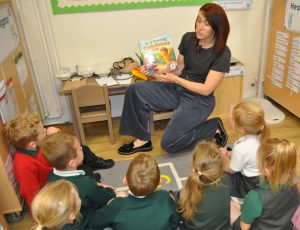
Fostering an ability to relate to others feelings, see things from the perspectives of others and feel concern for others has the potential to motivate children to begin to make changes in their own health and that of their community. Let’s keep reading.
This year’s Empathy Day is on 11 June and is a lightning rod for a new story-driven empathy movement. A wide range of organisations are joining forces to harness books’ empathy-building power, inspired by scientific evidence that in identifying with book characters, we learn to see things from other points of view.

